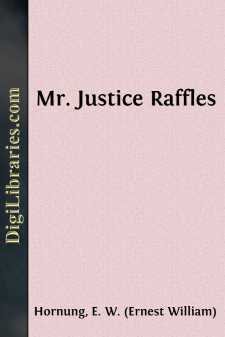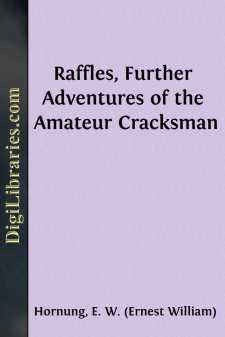Categories
- Antiques & Collectibles 13
- Architecture 36
- Art 48
- Bibles 22
- Biography & Autobiography 815
- Body, Mind & Spirit 144
- Business & Economics 28
- Children's Books 18
- Children's Fiction 14
- Computers 4
- Cooking 94
- Crafts & Hobbies 4
- Drama 346
- Education 58
- Family & Relationships 59
- Fiction 11829
- Games 19
- Gardening 17
- Health & Fitness 34
- History 1378
- House & Home 1
- Humor 147
- Juvenile Fiction 1873
- Juvenile Nonfiction 202
- Language Arts & Disciplines 89
- Law 16
- Literary Collections 686
- Literary Criticism 179
- Mathematics 13
- Medical 41
- Music 40
- Nature 179
- Non-Classifiable 1768
- Performing Arts 7
- Periodicals 1453
- Philosophy 65
- Photography 2
- Poetry 896
- Political Science 203
- Psychology 44
- Reference 154
- Religion 515
- Science 126
- Self-Help 85
- Social Science 82
- Sports & Recreation 34
- Study Aids 3
- Technology & Engineering 59
- Transportation 23
- Travel 463
- True Crime 29
Our website is made possible by displaying online advertisements to our visitors.
Please consider supporting us by disabling your ad blocker.
No Hero
Description:
Excerpt
CHAPTER I
A PLENIPOTENTIARY
Has no writer ever dealt with the dramatic aspect of the unopened envelope? I cannot recall such a passage in any of my authors, and yet to my mind there is much matter for philosophy in what is always the expressionless shell of a boundless possibility. Your friend may run after you in the street, and you know at a glance whether his news is to be good, bad, or indifferent; but in his handwriting on the breakfast-table there is never a hint as to the nature of his communication. Whether he has sustained a loss or an addition to his family, whether he wants you to dine with him at the club or to lend him ten pounds, his handwriting at least will be the same, unless, indeed, he be offended, when he will generally indite your name with a studious precision and a distant grace quite foreign to his ordinary caligraphy.
These reflections, trite enough as I know, are nevertheless inevitable if one is to begin one's unheroic story in the modern manner, at the latest possible point. That is clearly the point at which a waiter brought me the fatal letter from Catherine Evers. Apart even from its immediate consequences, the letter had a prima facie interest, of no ordinary kind, as the first for years from a once constant correspondent. And so I sat studying the envelope with a curiosity too piquant not to be enjoyed. What in the world could so obsolete a friend find to say to one now? Six months earlier there had been a certain opportunity for an advance, which at that time could not possibly have been misconstrued; when they landed me, a few later, there was another and perhaps a better one. But this was the last summer of the late century, and already I was beginning to get about like a lamplighter on my two sticks. Now, young men about town, on two walking-sticks, in the year of grace 1900, meant only one thing. Quite a stimulating thing in the beginning, but even as I write, in this the next winter but one, a national irritation of which the name alone might prevent you from reading another word.
Catherine's handwriting, on the contrary, was still stimulating, if indeed I ever found it more so in the foolish past. It had not altered in the least. There was the same sweet pedantry of the Attic e, the same superiority to the most venial abbreviation, the same inconsistent forest of exclamatory notes, thick as poplars across the channel. The present plantation started after my own Christian name, to wit "Dear Duncan!!" Yet there was nothing Germanic in Catherine's ancestry; it was only her apologetic little way of addressing me as though nothing had ever happened, of asking whether she might. Her own old tact and charm were in that tentative burial of the past. In the first line she had all but won my entire forgiveness; but the very next interfered with the effect.
"You promised to do anything for me!"
I should be sorry to deny it, I am sure, for not to this day do I know what I did say on the occasion to which she evidently referred....











